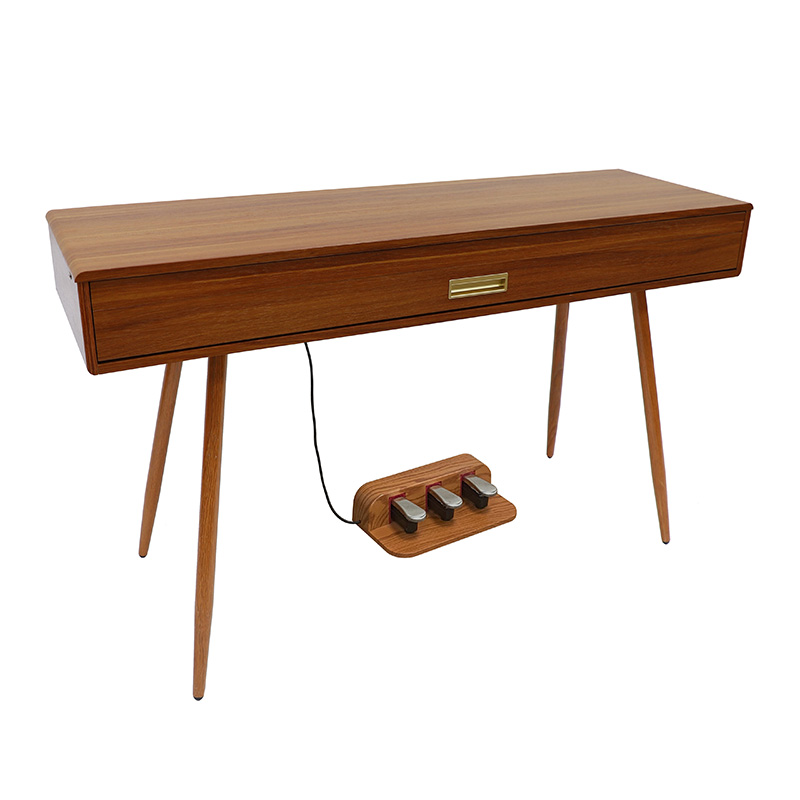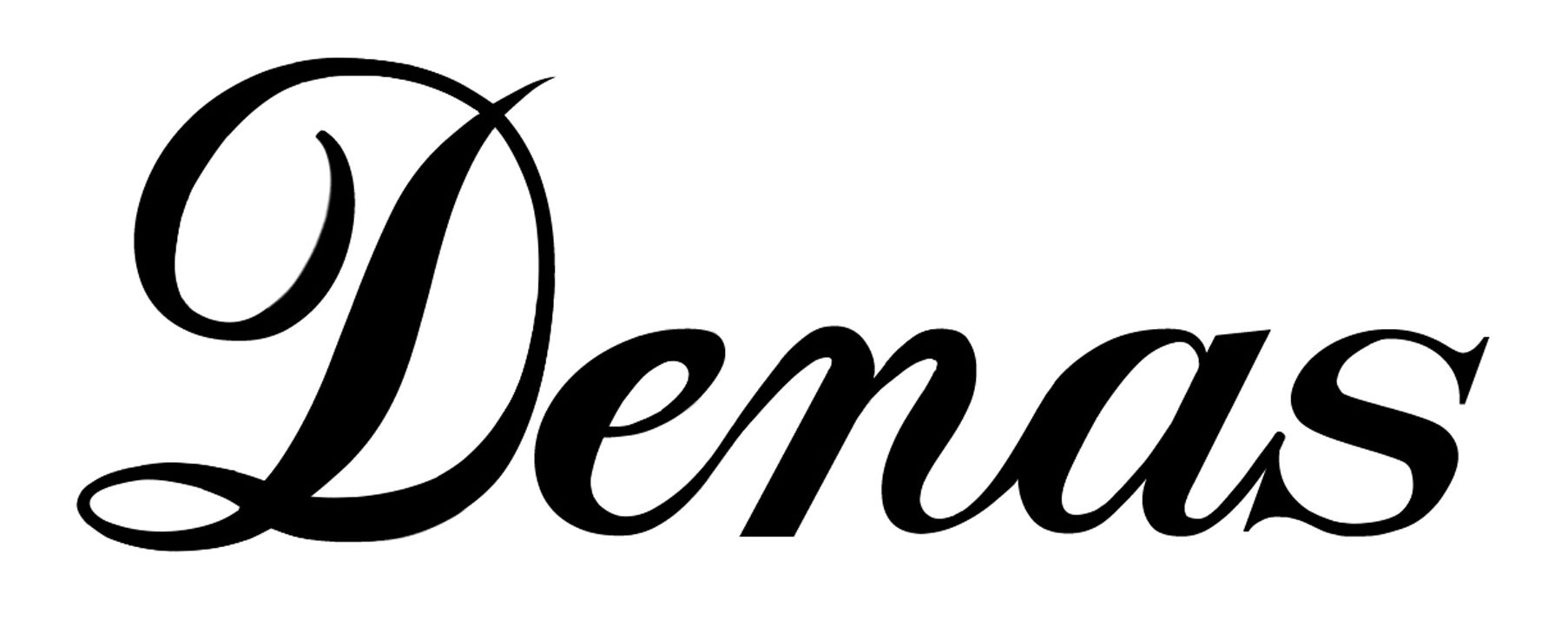In the evolving world of music, the choice between a digital piano and an acoustic piano remains one of the most debated topics among musicians, educators, and enthusiasts. Both types of instruments offer unique advantages, and the best choice often depends on an individual’s goals, lifestyle, and budget. In this article, we offer an in-depth comparison that highlights all the critical aspects, helping you make an informed decision.
What Is a Digital Piano?
A digital piano is an electronic instrument designed to simulate the sound and feel of a traditional acoustic piano. It uses digitally sampled sounds and built-in speakers, and often comes with modern features like Bluetooth connectivity, recording capabilities, and a wide range of instrument voices.
Key Advantages of Digital Pianos
- Portability and Compact Design: Digital pianos are lightweight and often compact, making them ideal for small spaces, apartments, or mobile musicians.
- Volume Control and Headphone Support: With volume adjustment and headphone jacks, digital pianos are perfect for private practice without disturbing others.
- Maintenance-Free: Unlike acoustic pianos, digital pianos do not require tuning or regulation.
- Connectivity and Learning Tools: Most models offer USB/MIDI connections, metronomes, and learning apps that support beginners and professionals alike.
- Wide Range of Sounds: Digital pianos often come loaded with multiple instrument tones, effects, and accompaniment styles.
What Is an Acoustic Piano?
An acoustic piano produces sound mechanically through hammers striking strings. It’s a traditional instrument with a rich, resonant tone that has defined classical and contemporary music for centuries.
Key Advantages of Acoustic Pianos
- Authentic Sound and Resonance: Acoustic pianos offer unmatched tonal depth and dynamic range, shaped by natural resonance in the wooden body.
- Superior Key Action: The mechanical action of keys and hammers provides a tactile feedback that’s highly responsive and expressive.
- Prestige and Longevity: A well-maintained acoustic piano can last generations, becoming a family heirloom and a centerpiece in any music room.
- Artistic Expression: The subtle nuances in touch and tone make it ideal for professional and classical musicians who demand the highest level of expressiveness.
Sound Quality Comparison: Natural Resonance vs. Digital Sampling
Acoustic pianos excel in natural sound production. The vibrations of the strings and soundboard create harmonics and overtones that interact with the space around them, delivering an organic listening experience.
Digital pianos, especially higher-end models, use multi-layered samples of real grand pianos. While many reproduce sound with remarkable accuracy, they still rely on speakers or headphones. Some advanced models incorporate physical modeling technology, simulating string resonance and damper behavior for a more lifelike experience.
Touch and Feel: Hammer Action vs. Weighted Keys
Touch sensitivity and key action are crucial for expressive playing. Acoustic pianos naturally offer graded hammer action and subtle differences across registers.
Digital pianos vary greatly in this regard. Entry-level models may have semi-weighted keys, while premium ones use graded hammer action or wooden key construction to closely replicate the mechanical feel of a grand piano. Still, for many, the tactile sensation of an acoustic remains superior.
Maintenance and Durability
Acoustic pianos require regular tuning, usually twice a year, along with occasional voicing and regulation. They are sensitive to humidity and temperature changes, which can affect the wood and strings.
Digital pianos are virtually maintenance-free. There’s no tuning involved, and their electronics are built to last for years with proper care. This makes them an excellent choice for those who prioritize convenience and lower upkeep.
Price and Value Over Time
The cost of an acoustic piano can range from a few thousand to tens of thousands of dollars. While it’s a significant investment, many models retain their value well and can appreciate with time if well maintained.
Digital pianos, on the other hand, are more affordable, starting from a few hundred dollars. However, like most electronics, their value tends to depreciate faster. Technology evolves quickly, so newer models may offer better features at the same price point within a few years.
Best Use Cases for Each Type
Choose a Digital Piano If:
- You live in an apartment or shared space where noise is a concern.
- You need portability for gigs or teaching.
- You’re a beginner looking for a budget-friendly starting point.
- You want integrated learning tools and recording options.
- You prefer minimal maintenance.
Choose an Acoustic Piano If:
- You’re a classical musician or pursuing advanced performance.
- You want the richest tone and most responsive key action.
- You have the space and budget for a long-term investment.
- You value the artistry and craftsmanship of traditional instruments.
Environmental Impact
Digital pianos are often more eco-friendly as they require no wood from endangered species, no metal strings, and use less space during transportation. Acoustic pianos, while made of natural materials, may involve more significant environmental costs due to manufacturing and shipping.
Which One Is Better for Learning?
For beginners, digital pianos with weighted keys are often the better choice due to affordability, headphone practice, and built-in tools. However, as one progresses, transitioning to an acoustic piano becomes essential for mastering expressive touch and advanced dynamics.
Music educators generally recommend digital pianos only if they replicate the graded hammer action closely. Otherwise, the transition to acoustic playing later may pose challenges.
Making the Right Choice
Choosing between a digital piano and an acoustic piano ultimately comes down to personal needs, musical goals, and lifestyle. Both instruments hold immense value in the musical world and can nurture a deep love of playing.
We recommend trying both types in person before purchasing. Feel the keys, listen to the sound, test the features, and choose what inspires you to play every day.
If you’re seeking long-term expression and classical authenticity, go for the acoustic piano. If versatility, convenience, and technology appeal more to you, a digital piano might be the perfect match.



